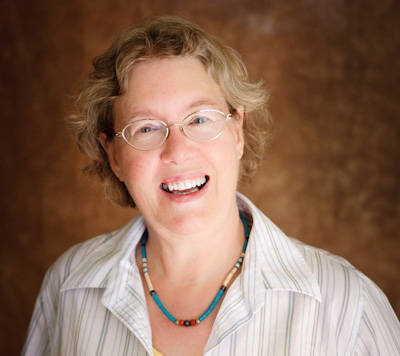Critical thinking essential in today’s world
We like to think that we are savvy, critical thinkers, but are we, really? I used to think that I was until I took a course in critical thinking and realized that I was missing many steps in the process.
Becoming a critical thinker may mean that you have to let go of some valued opinions, and it might mean re-evaluating your personal philosophies, but it will give you a clearer outlook on life.
Being a critical thinker does not mean that you will become a suspicious, cynical person or get the right to become ultra-critical of others. It will, however, enable you to evaluate events and people in your life in an open-minded way.
In this new era where fake news, alternative facts and spam information promoted by internet trolls are becoming the new language, how are we to evaluate what are real facts from false information?
The first rule is to assess the source of the information. Did this come from someone’s amateur blog or email? Is there someone on the phone saying that your internet is at risk, they are from an internet company, and they need to take control of your computer to fix the problem? No way!
After the first panicked reaction, your logical mind steps in to assess and fix the situation. Usually the person on the other end is someone in a foreign call center with little knowledge of the problem.
On social media, just because your friend shares a post that claims people have been living and working on Mars and coming back to Earth having never aged, doesn’t mean it’s true. Do your own research. Again, check the sources of the information and think critically.
There are many people who are not too computer savvy, and so the second rule is to become knowledgeable about the current scams that are being foisted on the public. These change from week to week, and the engineers of the scams are very smart. They prey on seniors, families going through monetary and family crises and others who believe everything they read on social media. A good remedy for this is www.snopes.com, which attempts to keep up to date with current scams.
People are still falling for the emails from Nigeria that usually begin “Dearly Beloved, my name is Sister Azalea and I am writing to tell you about an unclaimed bank account leaving you $30 million — all you have to do is …” Then they want all of your personal data, including bank information. Unfortunately, there are still victims of this crime, and it is a crime, even if it originates in a foreign country.
A good rule of thumb is did this information come into your spam folder? I often check my spam folder, not to check out the recent opportunities but to have a good laugh and educate myself on the latest schemes. I store the information away, becoming educated and ready for the next scammer.
Angela Smith is a Ph.D. life coach, author and educator who has been resident in Nevada since 1992. She can be reached at catalyst78@cox.net.





